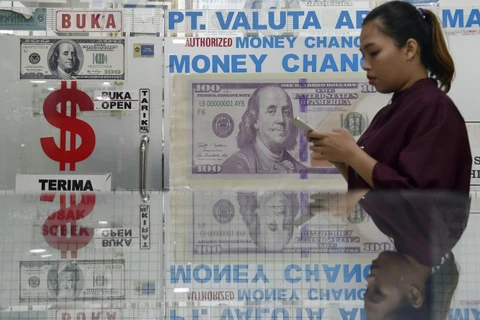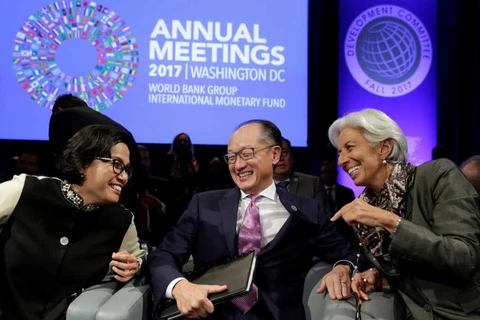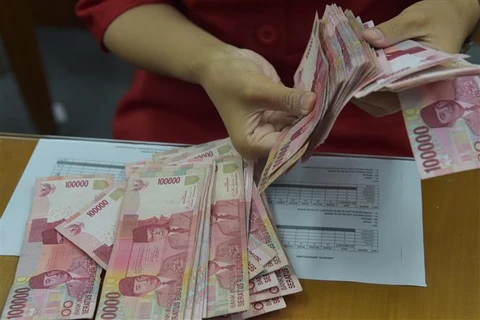 The Indonesian Ministry of Industry has set the goal to reduce automobile import value by about 700 million USD this year from 3.3 billion USD in 2017 through import restrictions, especially targeting luxury cars. (Source: en.antaranews.com)
The Indonesian Ministry of Industry has set the goal to reduce automobile import value by about 700 million USD this year from 3.3 billion USD in 2017 through import restrictions, especially targeting luxury cars. (Source: en.antaranews.com) Jakarta (VNA) – The Indonesian Ministry of Industry has set the goal to reduce automobile import value by about 700 million USD this year from 3.3 billion USD in 2017 through import restrictions, especially targeting luxury cars.
Director of Maritime Industry, Transportation and Defence Equipment at the Industry Ministry Putu Juli Ardika said the import reduction target was the result of the government’s policy to temporarily halt the import of over-3000cc cars during the last two months, when the rupiah had started to weaken.
The decision to stop the import of luxury cars was aimed at maintaining the country’s trade balance. They are not primary goods and Indonesian people can use domestically produced vehicles, he explained.
However, the Industry Ministry will continue to consider import licences already submitted to the ministry, and the import can be continued under some considerations, including agreement with manufacturers to increase exports and expand its business.
The import of below 3000-cc cars will also be under control to check which ones should be included in the import control measures.
In related news, the Governor of Indonesia’s central bank Perry Warjiyo said on September 5 that the country has spent 11.9 trillion rupiah (about 796.7 million USD) in total through several market operations to reduce the pressure from depreciated value of the national currency against the USD.
Perry said in a hearing at the parliament that the operations aim to stabilise the foreign exchange market.
The value of the Indonesian currency has drastically dropped to around 15,000 rupiah per 1 USD. The bank governor said the sharp currency value depreciation in Indonesia was generated by external factors that include the global economy downturn, coupled with rising trade tensions.-VNA























